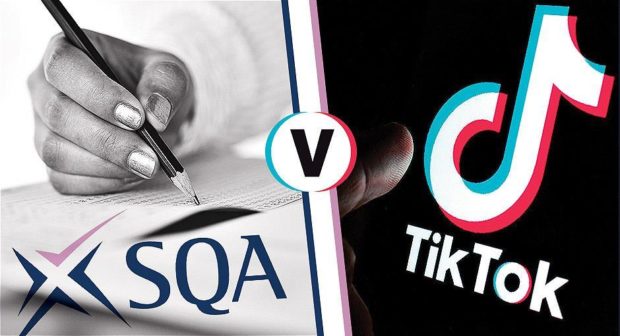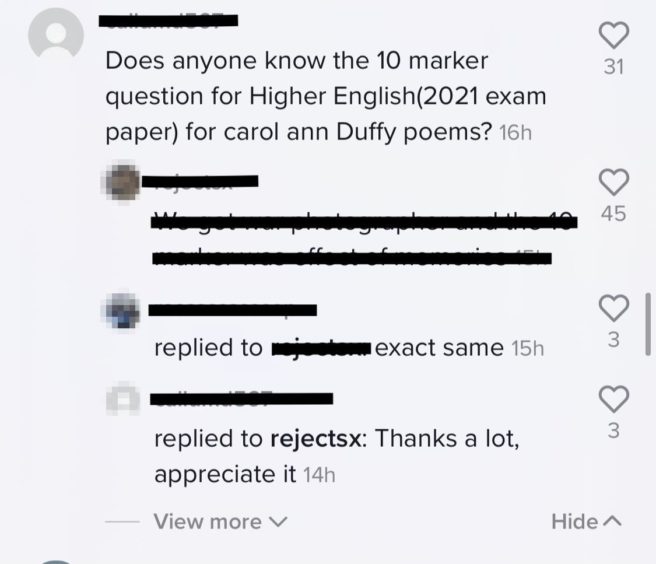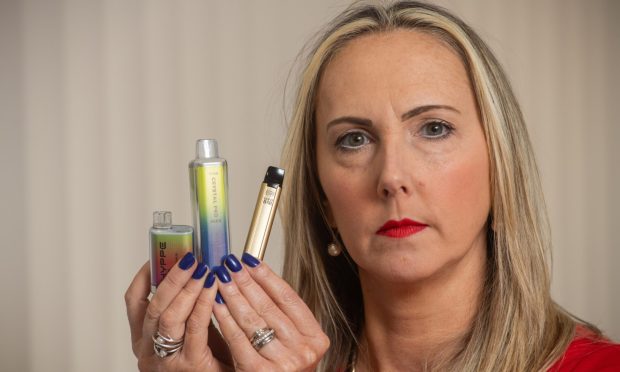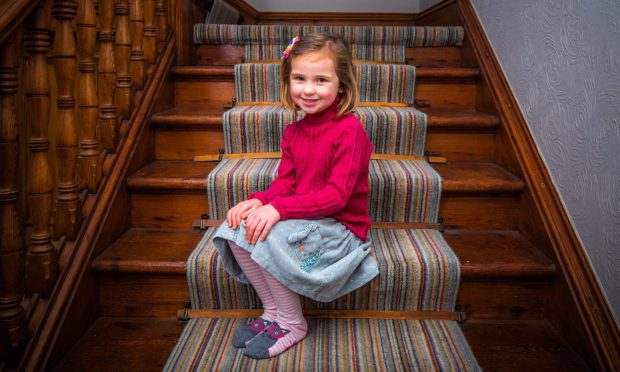Pupils in Scotland are using social media to share questions from assessment papers which help determine their final grades.
With exams cancelled for the second successive year due to Covid, pupils’ Higher and National 5 grades are being determined by teacher estimates and a “quality assurance” procedure overseen by the Scottish Qualification Authority (SQA).
However, controversially, this has involved young people sitting in-class assessments which have been dubbed “exams in all but name”.
Now, thousands of pupils are using video-sharing app TikTok to give advice and share content from these assessments to those who are yet to sit them.
Scottish Labour education spokesperson Michael Marra, who was elected MSP for the North East Scotland region at the weekend, accused the SQA of failing pupils.
He said: “This is an utter fiasco and shows just how disconnected the SQA is from the reality facing teachers, pupils and parents.
“The SQA should have seen this coming, but yet again they have failed spectacularly.”
One post on TikTok has since received more than 3,000 comments asking for tips on National 4, 5 and Higher assessments.
One comment asked for information about the National 5 maths calculus paper, with users responding that the paper included certain questions on the curriculum.
Another user claimed the National 5 geography paper included questions on a series of specific topics.
Parent concerns
One parent, who wished to remain anonymous, fears pupils will be unfairly penalised in future assessments as teachers may assume they had seen the questions beforehand.
He said: “My daughter was told by a teacher after their assessment this had ‘clearly happened’ and because of that, the marking on their next assessment would be far stricter.
“It’s quite upsetting for those of the class, especially as they insist there was no cheating and the teacher was merely supposing it had happened in their case.
“It’s not all kids cheating but it will have a horrendous effect on those who are staying honest if there is going to be a policy of harder marking just in case the questions have been leaked – seems really unfair on the honest ones.”
Young people are “coming together”
Youth led campaign group SQA Where’s Our Say?, which was set up last year to “hold the SQA to account for their unfair grade allocation process” said pupils were determined to help each other out because they have been “let down” by the exam process.
Rachael Hatfield, of the group, said: “I think it shows that young people are more concerned about each other right now.
“They know how let down they’ve been and the support hasn’t been there, so it’s more a case of we are in this together rather than individuals being selfish.
“Young people get this bad rep of being selfish or immature, and that we cause [are behind the spread of Covid] but actually when it’s mattered in the last few months, they have come together.”
“Naive to imagine they’re not going to talk about it”
The possibility of pupils sharing assessment questions with each other was raised by Professor Lindsay Paterson, of Edinburgh University.
Speaking last month, the education policy expert argued that as not all pupils were sitting the assessments on the same day, it was likely the questions would be shared amongst friends and online.
He said: “Schools will be running these pseudo-exams using the downloaded exam papers to run something like an exam, and of course there’s the problem here that they don’t all have to run the exam on the same day.
“Although students are told you are not supposed to talk about these exams after you’ve done them of course they will – it would be totally naive to imagine they’re not going to talk about it to their friends or on Twitter or so on.”
Assessment security breaches will be “investigated”
Responding to the concerns over the use of social media to share questions from assessment papers, the SQA said it would investigate “any potential breaches”.
A spokesperson said: “We have asked every centre [that is, schools and further education colleges] to ensure that question papers available from SQA’s secure website are treated confidentially and in the same way as other live assessment materials.
“Centres need to maintain the security of assessment materials for the benefit of learners.
“We will investigate any potential breaches of security of assessment materials – working with the school or college concerned.”













